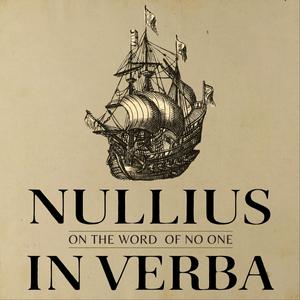Episode 68: Fraus P-Valoris - I
In this two-part episode, we delve into the phenomenon of p-hacking. What are the various terms used to describe practices that inflate error rates? How does terminology shape our understanding and bring about change? What are its necessary and sufficient conditions, and which practices are most common?
Shownotes
Simonsohn, U., Nelson, L. D., & Simmons, J. P. (2014). P-curve: a key to the file-drawer. Journal of Experimental Psychology: General, 143(2), 534.
Simmons, J. P., Nelson, L. D., & Simonsohn, U. (2011). False-positive psychology: Undisclosed flexibility in data collection and analysis allows presenting anything as significant. Psychological Science, 22(11), 1359-1366.
Stefan, A. M., & Schönbrodt, F. D. (2023). Big little lies: A compendium and simulation of p-hacking strategies. Royal Society Open Science, 10(2), 220346.
John, L. K., Loewenstein, G., & Prelec, D. (2012). Measuring the prevalence of questionable research practices with incentives for truth telling. Psychological Science, 23(5), 524-532.
Fiedler, K., & Schwarz, N. (2016). Questionable research practices revisited. Social Psychological and Personality Science, 7(1), 45-52.


